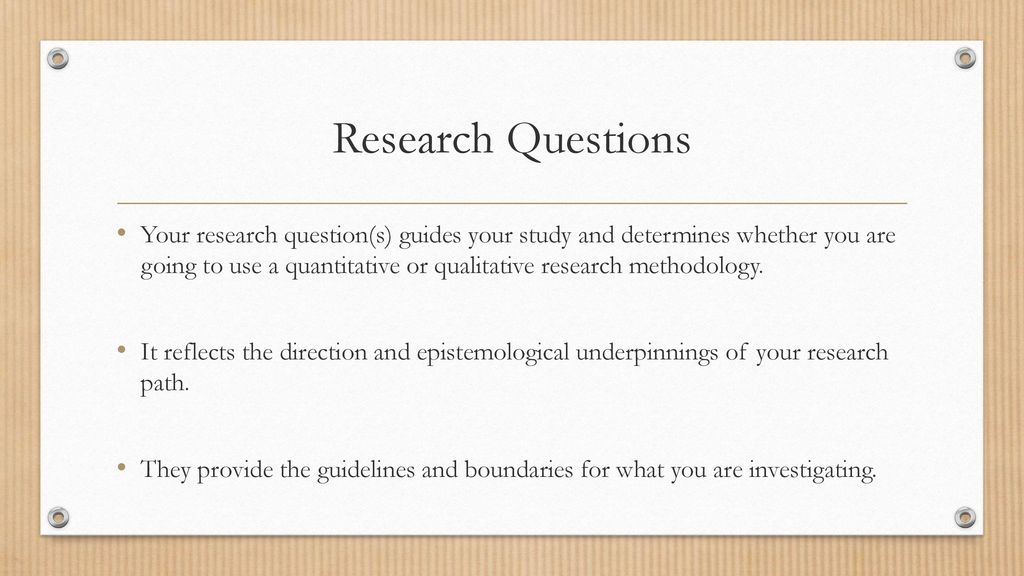Qualitative Research Question
Are you trying to compose a research question for your thesis or dissertation in the field of marketing, sociology or psychology, or physiology?
Don’t know if you will formulate a qualitative research question or a quantitative research question?
It’s better to have a clear understanding of the research approaches related to your field of study as your entire thesis will be based on the research question that you compose.
So let’s start clarifying a few of your preconceived notions. If your study is related to human behavior, preferences, and decision-making, then you will be conducting qualitative research.
Qualitative research is basically the understanding of the human mind and what governs their actions, decisions, and values. A research question in qualitative research answers to the ‘why’ and ‘how’ of the decisions making rather than the ‘where’, ‘why’ and ‘what’ that is mainly answered by the quantitative research.
How to Develop a Qualitative Research Question in Six Simple Steps?
- The first step is (of course!) to decide the theme of your study.
- The next step is to state the aim of the research in broad terms. The aim is the general goal or overall objective of your study that you want to achieve ultimately.
- Now, formulate that broad aim into a broad question. That will be the central question of your research that will give way to further specific questions for investigation. Ask yourself one or two general questions regarding your research. For example, why do I want to conduct this study? What is the aim of this study?
- After those broadly composed questions have been formulated, make four or five sub-questions that are more specific and direct. Make sure that those questions cannot be simply answered with a ‘yes’ or ‘no’ and require a certain amount of investigation and study for their conclusions.
- Begin the sub-questions of research with ‘what’ or ‘how’ to convey an open-ended and emerging structure. If the question begins with why it will convey a ‘cause and effect’ type of thinking that is usually applied in quantitative research rather than qualitative research.
- Now that you are ready to compose, make sure that the questions follow the below-mentioned guidelines
- Make sure that your question is related to your research theme.
- Make sure that the research question is researchable and is written in a clear and concise language
- Make sure that the research questions are analyzed and studies at least two variables that have been determined by your research theme.
- Make sure that the scope of your study is broad but narrow enough to be studied.
So there you have six smart and simple steps to composing your own research questions. In a nutshell, it is based on answering more soft questions like how and why rather than the hard and definite questions.
It is important to realize the difference between the two and compose the research question accordingly to give a clearer direction to your thesis or dissertation.



